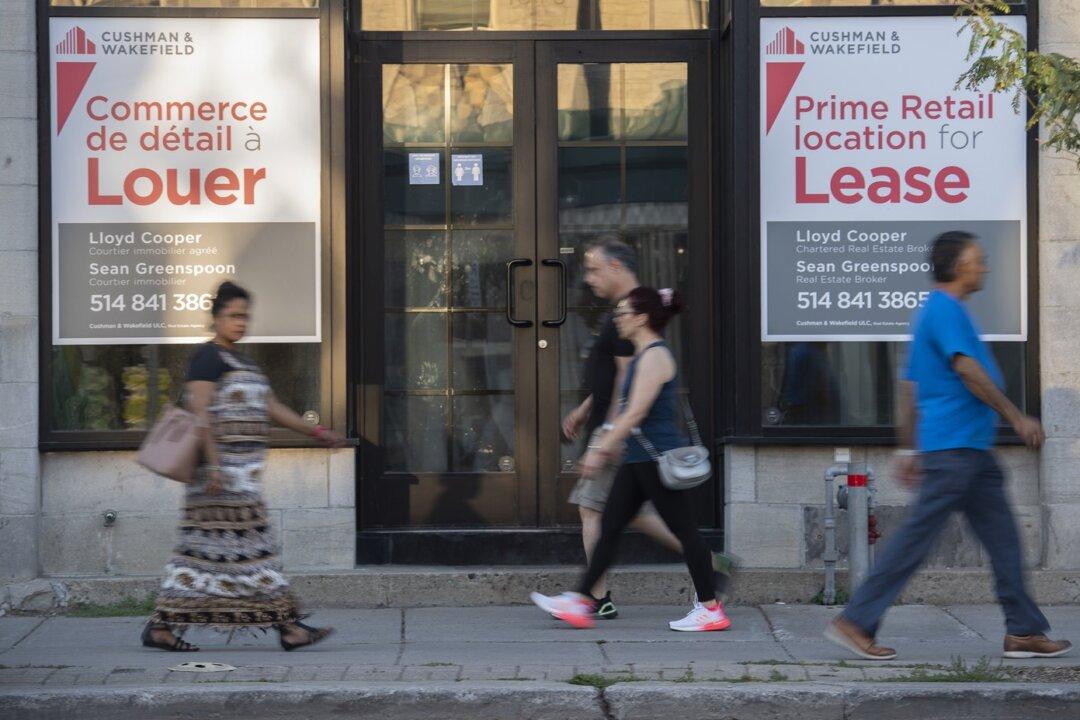A new poll reveals a stark divide between Quebec and the rest of Canada about whether the country should be bilingual.
In a Leger poll conducted for The Canadian Press, only 43 percent of respondents across Canada said they held a positive view of federal bilingualism—which was enshrined into law in 1969, making English and French Canada’s official languages. Eighteen percent of respondents held a negative view.





